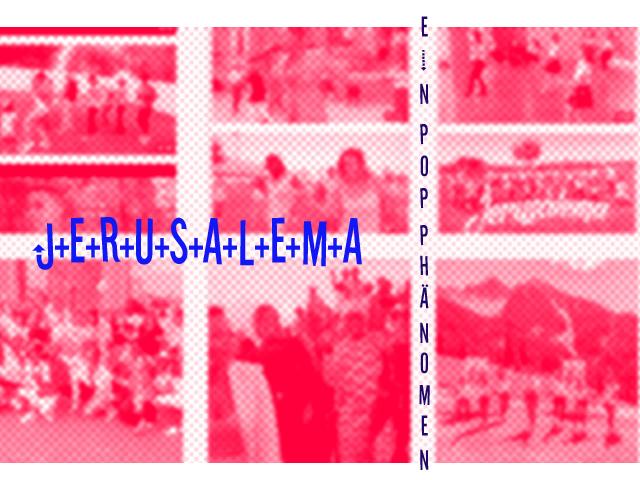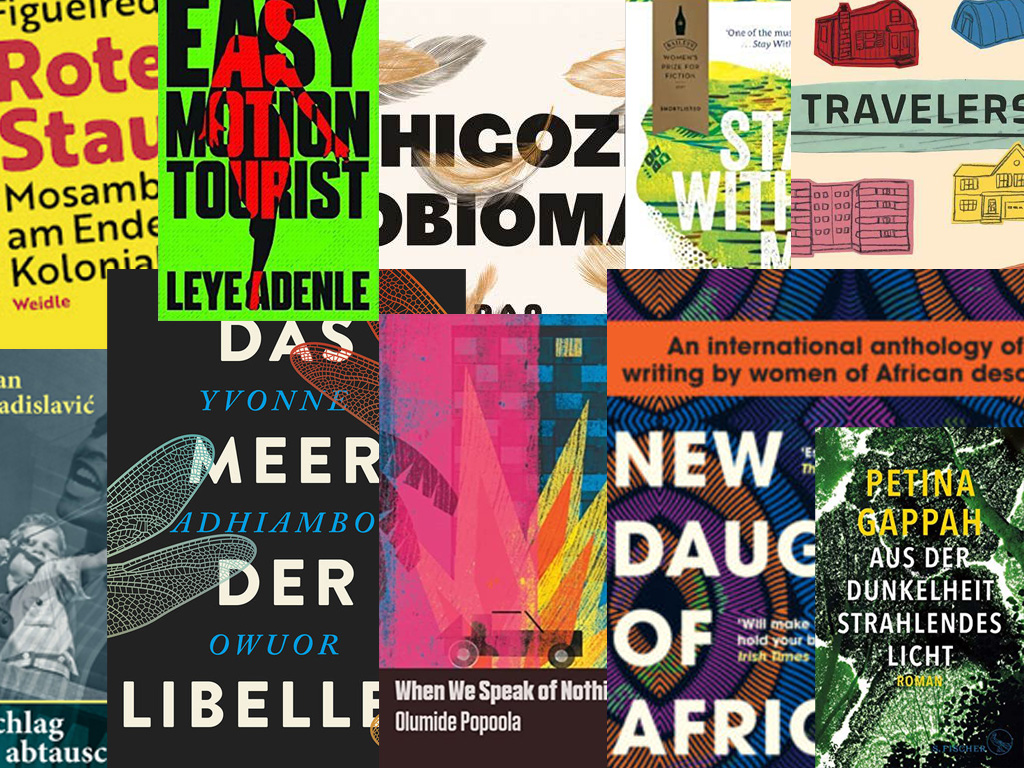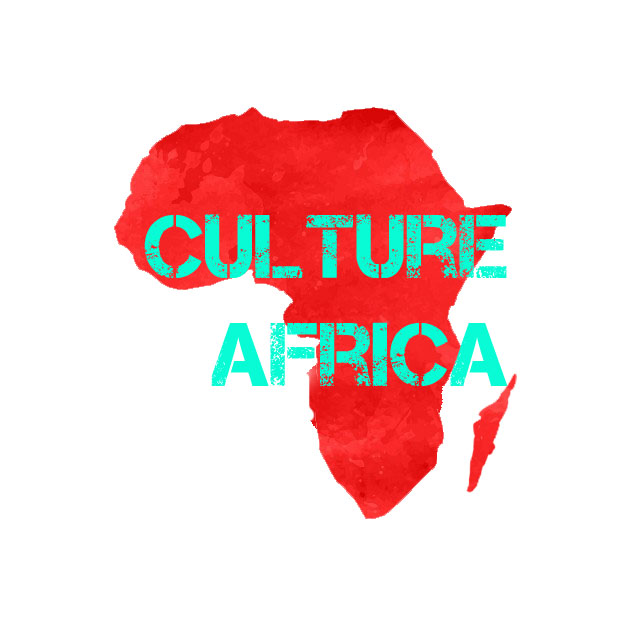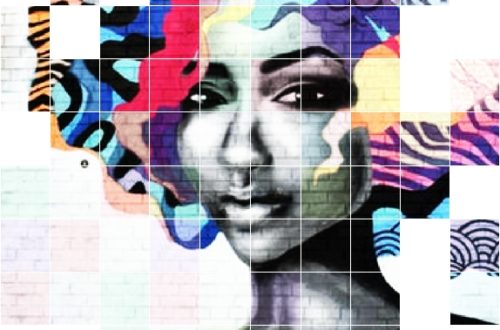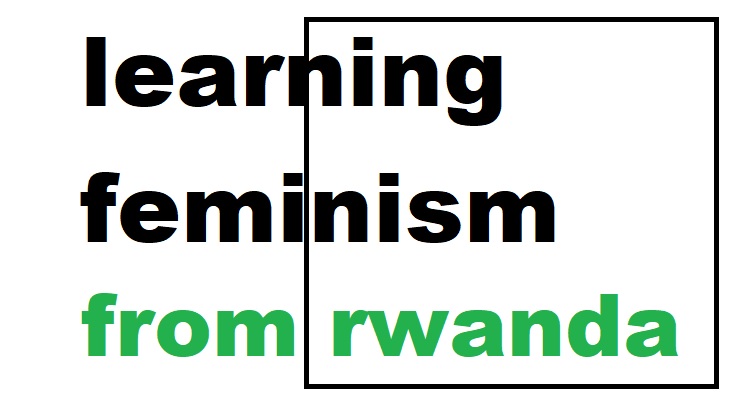
fast track feminism – learning feminism from rwanda
Fast Track Feminism: 61 percent women in parliament, a majority of women in business and society: that’s not Scandinavia, but little Rwanda in East Africa.
Along with Namibia, this is an exceptional position – also in Africa. In the gender gap ranking, which indicates how big the gap is to men in terms of equality (see appendix), Rwanda is also ahead of Germany. A new theatre/performance piece by the Berlin theatre group Flinn Works brings this issue right to the forefront.
The play
Since 29 October, the play “Learning Feminism from Rwanda” under the artistic direction of Sophia and Lisa Stepf can be seen on stage. And: It is a special and spectacular play that takes place on stage. There is drumming, numbers and statistics fly, it is about quotas, sex, misunderstandings between cultures and salaries. “Learning Feminism from Rwanda”, it quickly becomes clear, wants to enlighten and does so with drastic, striking, exciting and surprising means.
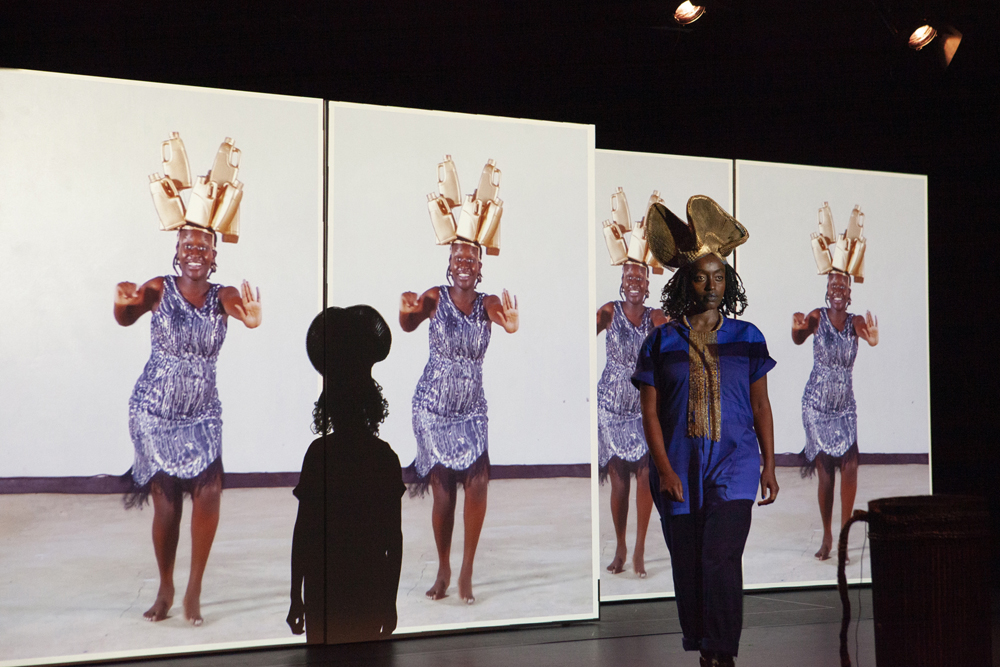
Multimedial zumal, auch Corona bedingt. Denn die Künstler*innen aus Deutschland und Ruanda sind nur zum Teil physisch auf der Bühne. Da ist zum Beispiel Yvette Niyomufasha zu sehen, die zu Beginn in einer Projektion mit einem kraftvollen Tanz in einem blauen Arbeitsanzug auftritt, gegen Ende feuert Nirere Shanel mit starkem Gesang ihr gegenüber Lisa Stepf an, die auf einen Bildschirm trommelt, um die Statistiken in alle Richtungen zu bewegen. Da tritt Wesley Ruzibiza per Bildschirm als UN-Vertreter auf. Er ermahnt die EU-Staaten für ihre unzureichenden Bemühungen um Geschlechtergerechtigkeit. Und droht den EU-Staaten mit Sanktionen, sollten sie ihre “good governance” in Bezug auf Frauen nicht verbessern. Das Einfrieren von Vermögenswerten oder Reise- und Exportverbote.
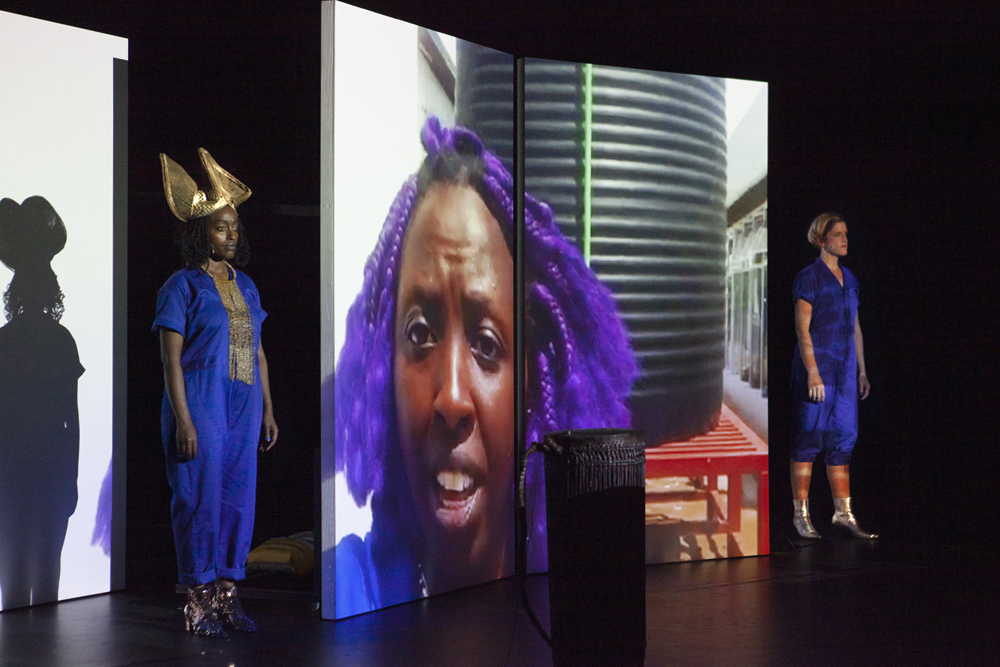
Das Interview
cultureafrica:
Ruanda macht nicht nur wirtschaftlich schon länger positive Schlagzeilen. Die Welt wundert sich: Wiso schafft Ruanda etwas, was Mitteleuropa nicht kann? Z.B. eine Frauenquote, ein hoher Frauenanteil im Parlament?
sophia stepf/flinn works:
Die Entwicklungen, die das Land seit 1994 in Sachen Gleichberechtigung der Geschlechter gemacht hat sind erstaunlich: Vor 1994 durften Frauen nicht erben, sie durften weder Land noch ein Bankkonto besitzen. Nur mit der Zustimmung ihres Mannes konnten sie arbeiten gehen und in der Öffentlichkeit – zumindest wenn ein Mann in der Nähe war – sollten sie nicht sprechen. Heute gibt es 62% weibliche Abgeordnete im Parlament und Frauen können innerhalb von einem Tag sehr unbürokratisch ein mittelständisches Unternehmen gründen – was sie auch tun. Es gibt Empowerment-Trainings, staatliche Elite-Schulen für Mädchen, ein neues Gesetz gegen häusliche Gewalt, von dem viele Frauen Gebrauch machen. So landete Ruanda auch 2020 beim Global Gender Gap Index auf Platz 9 – vor Deutschland (Platz 10) und der Schweiz (Platz 18). Diese Entwicklungen nennen wir aus unserer Perspektive „Fast-Track-Feminismus“. Wieso Mitteleuropa das nicht schafft? Wir glauben: Es fehlt schlicht der politische Wille.

cultureafrica:
Lerning feminism from Rwanda: Was kann Deutschland/Europa von Ruanda lernen?
sophia stepf/flinn works:
Veränderung muss sich nicht über 100 Jahre hinziehen, das zeigt uns ja auch die Corona-Krisenzeit. Es hat sich in Deutschland/Europa eine Art Akzeptanz breitgemacht, dass die Benachteiligung von Frauen irgendwie ok ist und es eben dauert, Ungleichheiten zu beseitigen. Wir fragen uns: wie lange denn noch? Wir schauen auf Ruanda und sehen: es geht auch anders und zwar sehr viel schneller.
cultureafrica:
Sie waren auf Recherche-Reise in Ruanda. Ist Ihnen die Gleichberechtigung dort wirklich auch begegnet oder ist „fast track feminism“ nur ein plakativer Ansatz?
sophia stepf/flinn works:
Wir haben viele Frauen in Führungspositionen getroffen, die die gläserne Decke nicht kennen und berichten, dass sie keine Probleme mit männlichen Mitarbeitern haben, dass Ihr Geschlecht nicht thematisiert wird im beruflichen Kontext. Wir haben mit Schülerinnen einer Mädchenschule gesprochen, die Pilotin, Ärztin und Politikerin werden wollen – für sie gibt es keine Einschränkung was Bildung und Beruf angeht. Sie haben weibliche Politikerinnen und viele Unternehmerinnen vor der Nase – das ist natürlich ein gutes Beispiel dafür, was alles möglich ist. Trotzdem sind tief verwurzelte Werte und Rollenbilder natürlich nicht top-down per Gesetz veränderbar. Insofern ist das ein zäher Prozess – wir sehen ja auch an der Entwicklung der Schweiz und Deutschland eindrücklich, wie deprimierend lange so etwas dauern kann, um die Geschlechterbilder zu verändern: nämlich offensichtlich mehrere Generationen. Vor allem Nichtregierungs-organisationen arbeiten in Ruanda am Kulturwandel. Es ist klar, dass sich bei der erstarkten Rolle der Frau auch das Bild des Mannes ändern muss. Zum Beispiel gibt es in den Dörfern das „Parents-Evening-Forum“, dort werden alle ermutigt, von den Problemen Zuhause zu berichten, die das „Empowerment“ der Frauen mit sich bringt. Wer kümmert sich um die Kinder, wenn beide Eltern arbeiten gehen? Wer macht jetzt eigentlich die Wäsche und den Abwasch? Im „Parents-Evening-Forum“ werden die Paare ermutigt über ihre Probleme zu sprechen und neue Lösungen zu finden und so verändert sich nach und nach die Geisteshaltung in der kleinsten Einheit der Gesellschaft – der Familie.

cultureafrica:
Die Aneignung der percussion durch die Frauen ist ein starkes Symbol. Sich über die Männer dominierte Kunstformen so Gehör schaffen, ist das für Deutschland wie Ruanda wichtig?
sophia stepf/flinn works:
Auch hier zu Lande sind Schlagzeuger*innen in Bands noch eher eine Seltenheit. Natürlich ist es wichtig, sich alle Instrumente anzueignen die ‚den Takt angeben‘. Allerdings hat die Ingoma (bedeutet ‚Trommel‘ aber auch ‚Macht‘) in Ruanda eine besondere Kulturgeschichte und Bedeutung. Es gibt in Ruanda heute nur eine weibliche Perkussionsgruppe: Ingoma Nshya (‘neue Macht’), die beweist, dass Frauen genauso gut und lange trommeln können wie Männer. Das ist eine wichtige Form künstlerischer Emanzipation und ein lautes politisches Statement.
Die Fragen für cultureafrica stellte Hans Hofele.
Die Tourdaten für das Stück (bitte aktuell informieren, deswegen ohne Gewähr):
https://www.goethe.de/ins/rw/de/index.html
###########################################################################gendergap#############################################
INFO gender gap
Der global gender gap report wird jährlich vom Wirtschaftsforum in Davos als wissenschaftliche Studie publiziert. Zuletzt 2019.
Der Global Gender Gap Report 2020, der sich nun im 14. Jahr seines Bestehens befindet, vergleicht 153 Länder hinsichtlich ihrer Fortschritte auf dem Weg zur Geschlechterparität in vier Dimensionen: Wirtschaftliche Teilhabe und Chancen, Bildungsniveau, Gesundheit und Überleben und politische Befähigung. Darüber hinaus untersucht der diesjährige Bericht die Perspektiven der Geschlechterkluft in den Berufen der Zukunft.
Der Bericht zeichnet ein ausgesprochen gemischtes Bild. Alles in allem hat sich das Streben nach Geschlechterparität verbessert, ist unter ein Jahrhundert zurückgegangen und verzeichnet im Vergleich zu den 108 Jahren im Index 2018 eine deutliche Verbesserung. Eine stärkere politische Repräsentation von Frauen hat dazu beigetragen, aber insgesamt bleibt die politische Arena die am schlechtesten abschneidende Dimension.
Am anderen Ende der Skala wird prognostiziert, dass es nur 12 Jahre dauern wird, bis die Geschlechterparität in der Bildung erreicht ist, und insgesamt wurde die Geschlechterparität in 40 der 153 Länder der Rangliste vollständig erreicht.
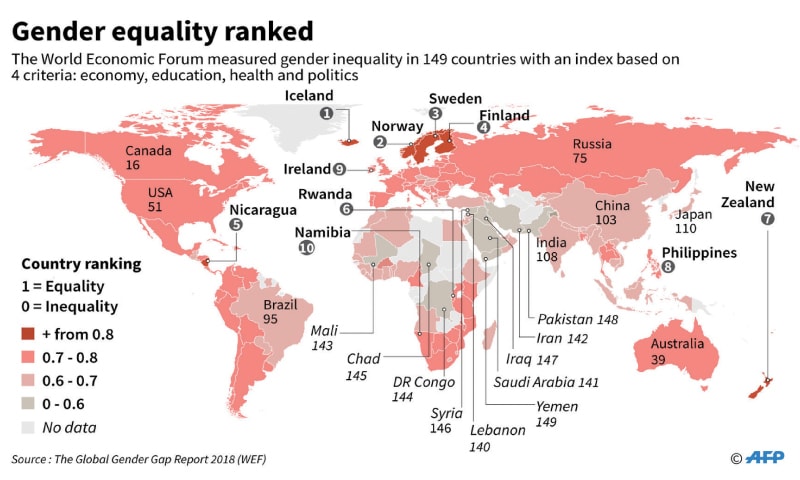
++++++++ The Interview +++++++++++++++++++++++++++++++++++++++++++++++++++++++++++++++++++++++++++++++++++++++++++++++
The following interview was conducted by cultureafrica with theatre director Sophia Stepf after the premiere and subsequent tour postponements.
First the premiere in Berlin’s Sophiensälen, then the tour was postponed.
cultureafrica:
On the current situation: after such intensive preparations with many people involved; how big is the frustration about the stop of the tour and: Can the tour be made up?
sophia stepf/flinn works:
No frustration, rather great gratitude that we were able to play the premiere and three performances. Other colleagues of ours didn’t have such good timing and had to break off in the final rehearsals, which is an energetic disaster. We are currently thinking of these colleagues in particular and feel privileged that we can still play at least the four performances in Switzerland. Most of the cancelled performances in Germany will be made up next year.
cultureafrica:
Rwanda has been making positive headlines for quite some time, and not only economically. The world wonders: Why does Rwanda manage to do something that Central Europe cannot? For example, a women’s quota, a high proportion of women in parliament?
sophia stepf/flinn works:
The developments the country has made since 1994 in terms of gender equality are amazing: before 1994, women were not allowed to inherit, they were not allowed to own land or a bank account. They could only go to work with their husband’s consent and they were not supposed to speak in public – at least when a man was around. Today, there are 62% women MPs in parliament and women can start a medium-sized business in one day with very little red tape – which they do. There are empowerment trainings, elite state schools for girls, a new law against domestic violence, which many women make use of. This is also how Rwanda ended up in 9th place in the Global Gender Gap Index in 2020 – ahead of Germany (10th place) and Switzerland (18th place). From our perspective, we call these developments “fast-track feminism”. Why can’t Central Europe manage this? We believe: There is simply a lack of political will.
cultureafrica:
Learning feminism from Rwanda: What can Germany/Europe learn from Rwanda?
sophia stepf/flinn works:
Change doesn’t have to take 100 years, as the Corona crisis period showed us. A kind of acceptance has spread in Germany/Europe that the discrimination of women is somehow okay and that it takes time to eliminate inequalities. We ask ourselves: how much longer? We look at Rwanda and see: it can be done differently and much faster.
cultureafrica:
You were on a research trip to Rwanda. Did you really encounter equality there, too, or is “fast track feminism” just a placative approach?
sophia stepf/flinn works:
We met many women in leadership positions who do not know the glass ceiling and report that they have no problems with male employees, that your gender is not an issue in the professional context. We have talked to students at a girls’ school who want to be pilots, doctors and politicians – for them there is no restriction in terms of education and profession. They have female politicians and many female entrepreneurs under their noses – that is of course a good example of what is possible. Nevertheless, deeply rooted values and role models cannot be changed top-down by law. In this respect, it is a tough process – we can see impressively in the development of Switzerland and Germany how depressingly long something like this can take to change gender images: namely obviously several generations. Non-governmental organisations in particular are working on cultural change in Rwanda. It is clear that with the strengthened role of women, the image of men must also change. For example, there is the “Parents-Evening-Forum” in the villages, where everyone is encouraged to tell about the problems at home that the “empowerment” of women brings with it. Who takes care of the children when both parents go to work? Who actually does the laundry and the dishes now? In the “Parents-Evening-Forum”, the couples are encouraged to talk about their problems and find new solutions, and thus the mindset in the smallest unit of society – the family – gradually changes.
cultureafrica:
The appropriation of percussion by women is a powerful symbol. Making your voice heard in this way over male-dominated art forms, is that important for Germany like Rwanda?
sophia stepf/flinn works:
Even here in Germany, female drummers are still a rarity in bands. Of course, it is important to learn all the instruments that ‘set the beat’. However, the Ingoma (meaning ‘drum’ but also ‘power’) has a special cultural history and significance in Rwanda. There is only one female percussion group in Rwanda today: Ingoma Nshya (‘new power’), which proves that women can drum just as well and for as long as men. This is an important form of artistic emancipation and a loud political statement.
Hans Hofele asked the questions for cultureafrica.
